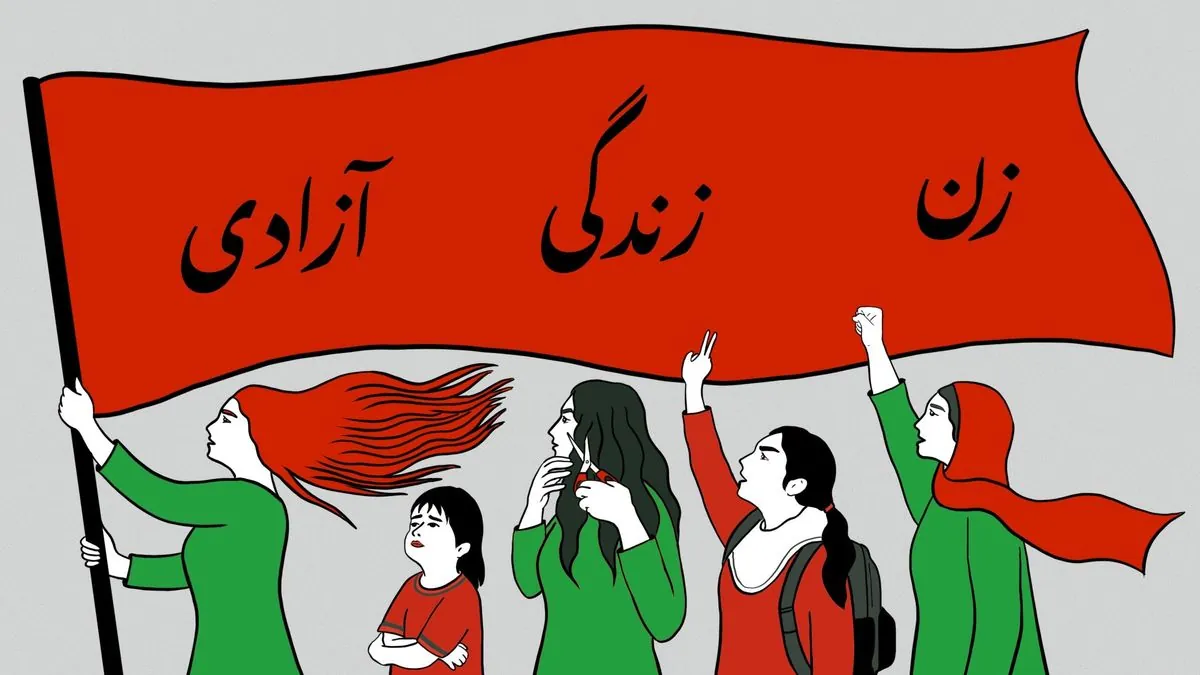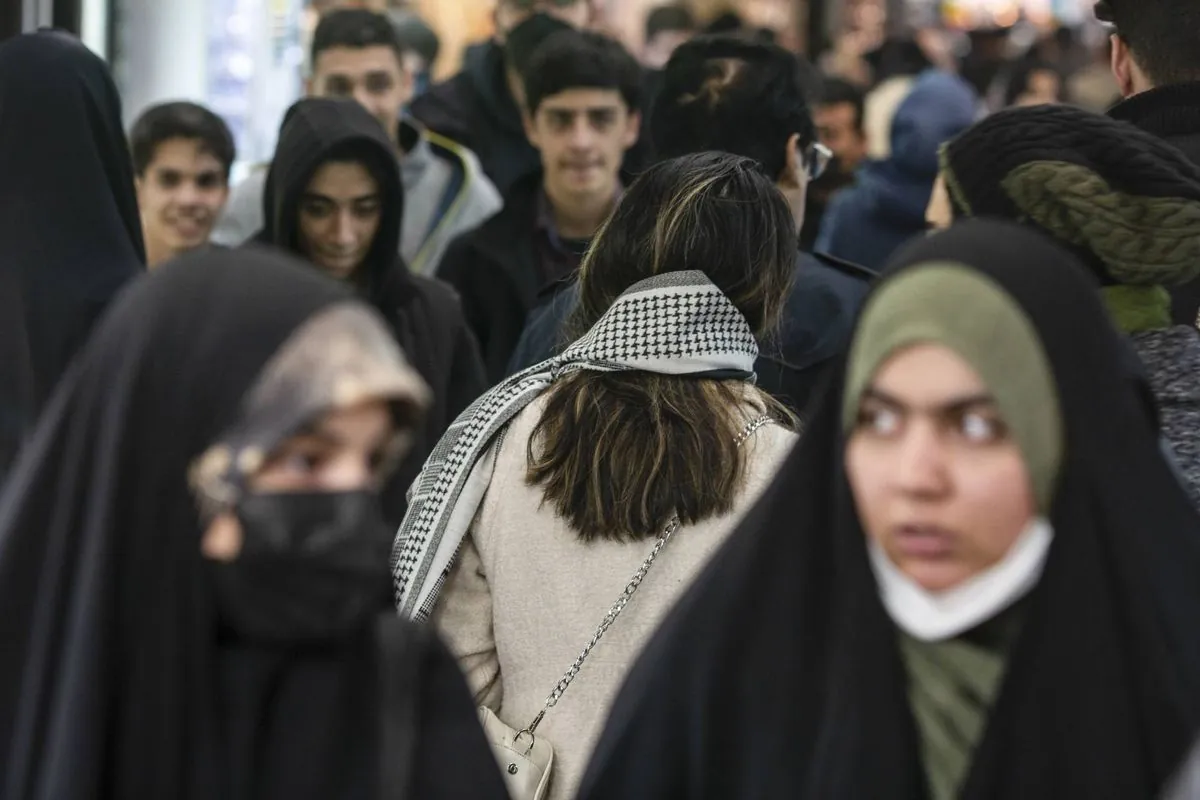Iran Executes Man Linked to 2022 Protests, Sparking Human Rights Concerns
Iran executed a man accused of killing a security officer during protests sparked by Mahsa Amini's death. The execution, the first under a new president, raises questions about promised reforms.

In a controversial move, Iranian authorities have carried out the execution of Reza Rasaei, a 34-year-old man accused of fatally stabbing a security officer during the widespread protests that erupted following the death of Mahsa Amini in September 2022. This execution, occurring on August 6, 2024, marks the first known protest-related capital punishment since the election of President Masoud Pezeshkian in July 2024.
The protests, which began nearly two years ago, were triggered by the death of Mahsa Amini, a Kurdish-Iranian woman who died in police custody after being arrested for allegedly violating Iran's mandatory hijab law. This law, in place since 1983, requires women to cover their hair in public. The demonstrations, which spread to over 140 cities across Iran, adopted the slogan "Woman, Life, Freedom," originating from Kurdish feminist movements.

According to state media reports, Rasaei participated in the protests in November 2022 in Sahneh, located in the western province of Kermanshah, which has a significant Kurdish population. During these demonstrations, Nader Bayrami, identified as the local intelligence chief for the Revolutionary Guards, was fatally stabbed. The Revolutionary Guards, established in 1979 following the Islamic Revolution, play a crucial role in Iran's security apparatus.
The judiciary news agency Mizan reported that Rasaei was sentenced to death in October 2023 after four court sessions. The prosecution claimed that forensic evidence and confessions proved Rasaei's guilt. However, Amnesty International has raised serious concerns about the fairness of the trial, alleging that the conviction relied on forced confessions obtained under torture.
"Reza Rasaei was sentenced to death after a grossly unfair trial that relied on his forced confessions obtained under torture."
This execution has reignited debates about Iran's use of capital punishment, as the country maintains one of the highest execution rates globally. The United Nations has repeatedly called on Iran to abolish the death penalty, but the practice continues to be applied for various offenses, including murder.
The case also highlights the complex interplay of ethnic and religious factors in Iran. Rasaei, identified as a Kurdish member of a religious minority by the rights group Hengaw, belonged to one of the several religious minorities recognized in Iran's constitution, though not all minority groups receive official recognition.
President Pezeshkian's response to this execution will be closely watched, as he had previously called for clarification on Amini's death and promised during his campaign to better protect the rights of women and minorities. However, it's important to note that in Iran's political system, the president is the second-highest ranking official after the Supreme Leader, and significant policy changes often require broader support within the government.
As Iran continues to grapple with internal dissent and international scrutiny, this execution serves as a stark reminder of the ongoing human rights challenges in the country, despite recent legislative efforts such as the 2020 law aimed at protecting women against domestic violence, which critics argue is insufficient.


































